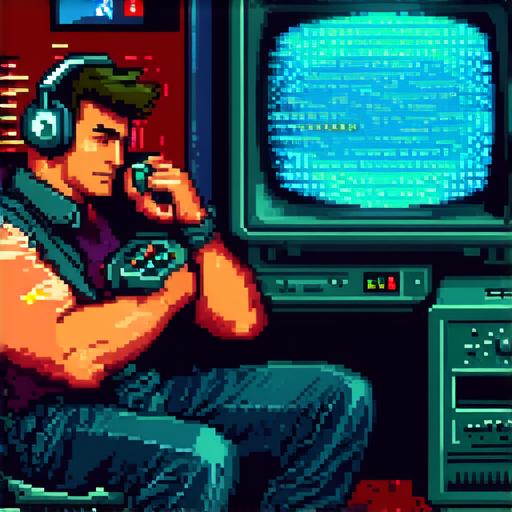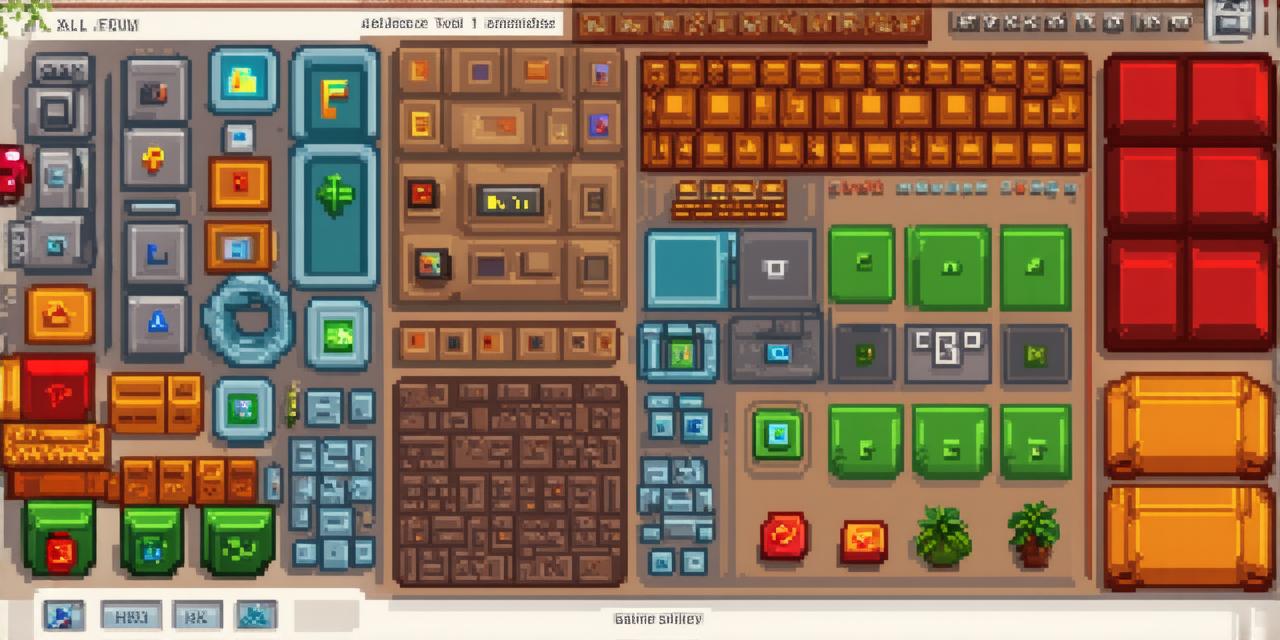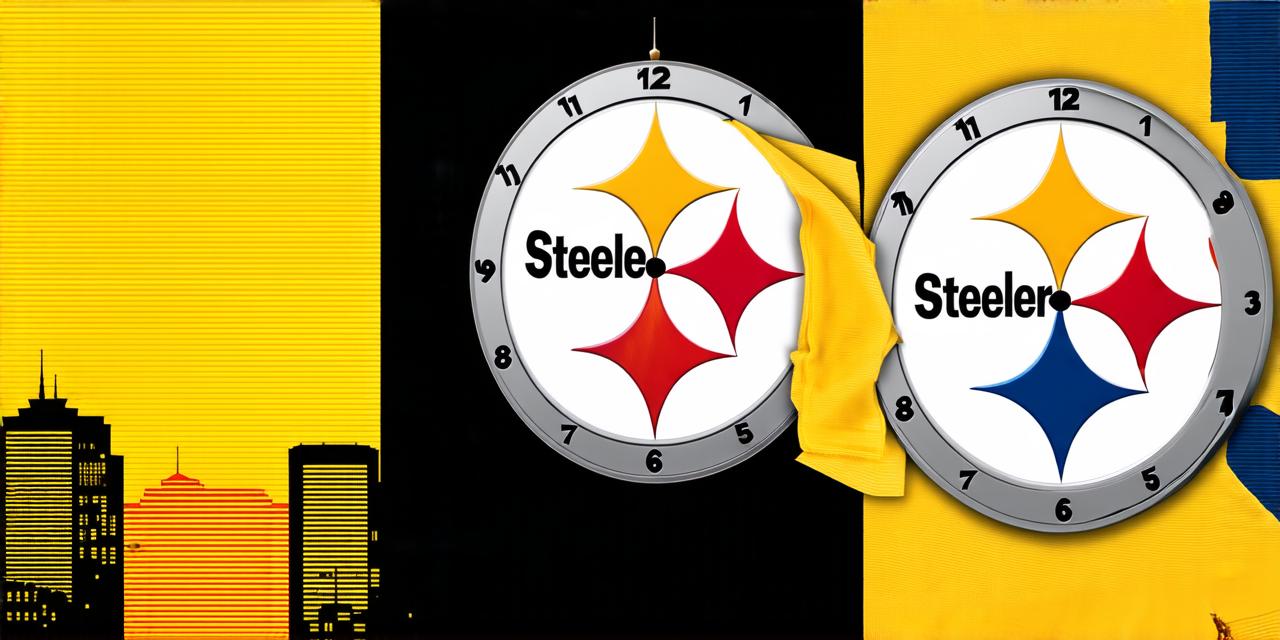The world of video games is an ever-evolving landscape. With new technology, platforms, and game mechanics being developed every year, it’s no surprise that the music that accompanies these games has also evolved in response.
The use of music in video games goes far beyond just background noise; it helps to create a deeper emotional connection between the player and the game world.
Understanding Emotional Engagement
The use of music in video games is a powerful tool for emotional engagement. It can help to create a sense of atmosphere and mood that enhances the player’s experience of the game world. For example, the use of sad or melancholic music in a game can evoke feelings of loss or nostalgia in the player, making them feel more connected to the story and characters.
One of the most effective ways to achieve emotional engagement through music is by using adaptive music. Adaptive music is music that changes based on the player’s actions and choices within the game. For example, if a player is exploring a dark, foreboding forest, the music might become more eerie and intense, creating a sense of tension and danger.
Another way to achieve emotional engagement through music is by using repetition and memorability. When a piece of music is repeated throughout a game, it becomes ingrained in the player’s mind, allowing them to connect with the emotions and themes of the game on a deeper level. This technique has been used successfully in many classic games, such as Super Mario Bros., which features an iconic and memorable theme song that players can hum long after they have finished playing.
Case Studies: The Power of Music in Game Design
One of the most famous examples of the power of music in game design is the use of the “LittleBigPlanet” game. This popular platform allowed users to create their own games and levels, and many of these levels featured unique and memorable music that helped to enhance the player’s experience.
For example, one level called “Cube Island” featured an upbeat and catchy tune that became so popular among players that it was eventually released as a standalone song on iTunes. The use of music in this level created a sense of joy and excitement for players, making them feel more engaged with the game world.
Another example is the use of music in the “Portal” series. These games feature a unique blend of classical and electronic music that helps to create a sense of tension and suspense in the game world. The use of music in these games has been praised for its ability to enhance the emotional impact of key moments, such as the reveal of the Aperture Science facility and the death of Wheatley.
Personal Experiences: How Music Has Impacted My Gaming Experience
As a video game developer, I have seen firsthand how music can impact a player’s experience of a game. One of my favorite examples is the use of music in the “The Witcher 3: Wild Hunt” game. The game features an original score that perfectly captures the mood and atmosphere of the game world.

For example, during one of the most emotional moments in the game, when the main character Geralt is faced with a difficult decision, the music swells to create a sense of tension and drama. This use of music helped to make the moment even more impactful for me as a player, and I can still remember that moment vividly years later.
Research and Experimentation: Shaping the Evolution of Video Game Music
The role of research and experimentation in shaping the evolution of video game music cannot be overstated. Scientists and researchers have conducted numerous studies on the impact of music on emotions and memory, and these findings have been applied to the creation of video game music.



